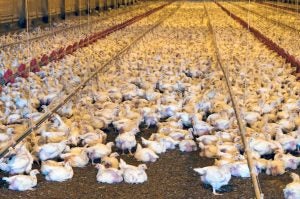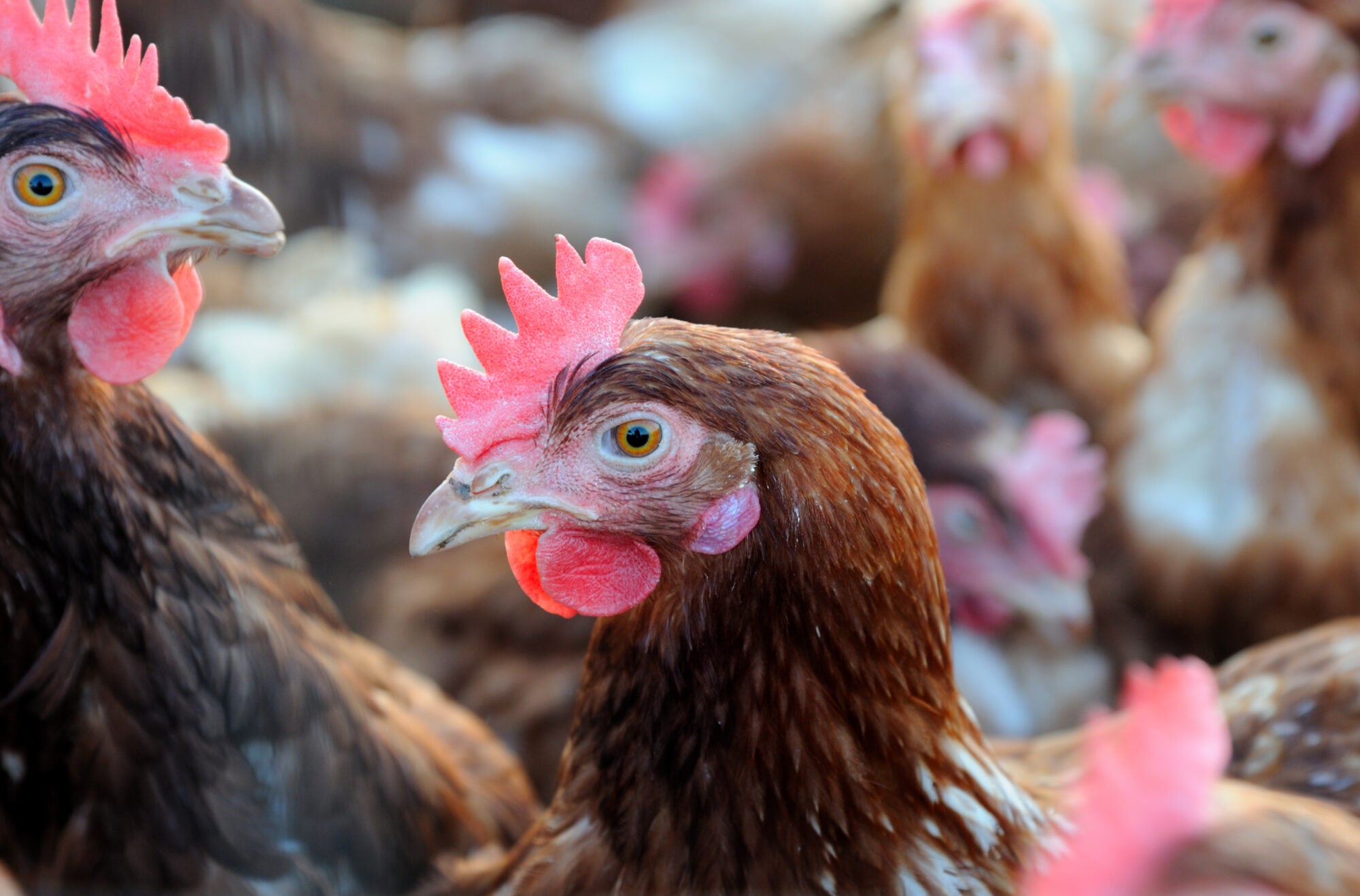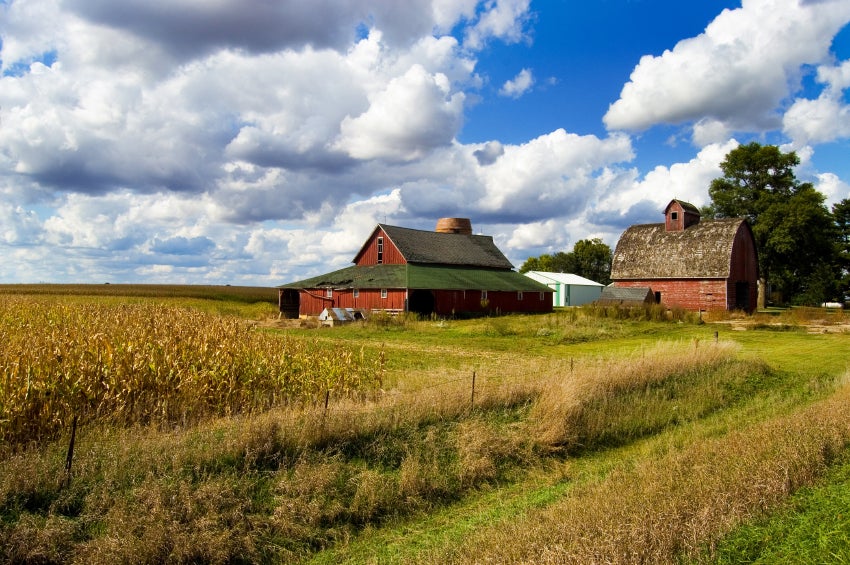
WASHINGTON—The world’s addiction to intensive animal farming, in which thousands of stressed animals are kept in close proximity, is the perfect breeding ground for future pandemics, and world leaders must accelerate action to shift global diets towards more plant-based foods, says a white paper authored by global animal protection organisation Humane Society International. HSI identifies five primary pandemic risks associated with animal agriculture, creating a “petri dish” for pathogens to erupt, mutate and spread:
1. virus ‘spillover’: when expansion of farms into previously wild areas brings wild and domestic species together.
2. viral amplification: where novel viral strains are created through confining vast numbers of stressed animals indoors.
3. farm concentration: where dense geographic concentration of farms increases the risk of pathogens spreading.
4. global live animal trade: where huge numbers of live animals are transported between countries and continents, allowing pathogens to spread even further.
5. live animal markets, agricultural fairs and auctions: where “hubs” are created such that animals from many different places are brought into proximity with the public, where viruses can proliferate.
Farm animals have been at the heart of multiple zoonotic disease outbreaks over the past two centuries, including H5N1 avian influenza transmitted from poultry to humans, and Nipah virus and HINI swine flu transmitted from pigs to humans. While the coronavirus pandemic prompted the world to acknowledge the need to shut down unsanitary wildlife markets implicated as a probable origin of the novel coronavirus, factory farms and slaughterhouses also have grave consequences for human health, and often far closer to home.
Julie Janovsky, Humane Society International’s vice president of farm animal campaigns, says: “Since news broke that COVID-19 likely originated in a live animal market where stressed animals crowded in cages, in unsanitary conditions, we began examining what other human exploitation of animals could create a similar petri dish of disease. It’s clear looking at the data that the unprecedented increase and expansion of intensive animal agriculture, mostly on factory farms, in which we raise and slaughter more than 80 billion animals around the world every year, is a clear front-runner. The message is simple, if we want to stop future pandemics, we have to significantly kick the meat habit, and global leaders need to actively assist in shifting global diets towards more plant-based eating.”
Like wildlife markets, intensive confinement systems used in animal agriculture crowd large numbers of animals together into small spaces, except at a much larger scale. In industrial chicken and egg production facilities, animals are raised by the tens- or even hundreds-of thousands, breathing in the same dusty, ammonia-laden air in dim enclosures. Breeding pigs in the pork industry are commonly confined to metal stalls (gestation crates) so narrow they cannot even turn around, and hens kept for egg production are confined in cages so small they cannot stretch their wings. The more animals a virus has in which to replicate and mutate, the greater the chances that a new and deadly pathogen could arise from an infected production site.
To prevent another outbreak of zoonotic viruses like the one causing COVID-19, HSI urges and is campaigning for:
- A substantial reduction in our global reliance on animal-based protein.
- Public policies favouring the production of plant-based options in place of expanding animal agriculture.
- A reduction in the number of animals raised for human food, to reduce animal population density both within farms and geographically.
- A phase-out of the use of cages and crates used to overcrowd animals in intensive systems.
- A phase-out of the long-distance transport of live animals.
- Policies to protect natural ecosystems from agricultural expansion and other sources of degradation and fragmentation.
- A ban on the sale of poultry at all live bird markets and restrictions on live animal exhibitions.
Sara Shields, Humane Society International’s farm animal senior scientist, says: “If we study past outbreaks of animal to human disease, we can see a pattern emerge that clearly identifies intensive animal farming as a key culprit. The outbreak of Nipah in Malaysia in 1997 was an example of wild to domestic species virus spillover, and meta-analysis has shown that highly pathogenic avian influenza is enabled by the confinement of thousands of birds together where mutating viruses are easily exchanged between hosts. We can make our world less vulnerable to future pandemics, but only by reevaluating animal agriculture and shifting more to plant-based sources of protein. To do this requires governments to actively engage in rebalancing our food system, but as consumers we are also directly responsible for the impacts of our food choices. The plant-based food market is booming, making it easy to switch animal products for more plant-based alternatives. There is no better time than now to make conscientious decisions with the animals and the health of our planet in mind.”
Read the white paper here.
ENDS
Media contact: Wendy Higgins, UK: whiggins@hsi.org



